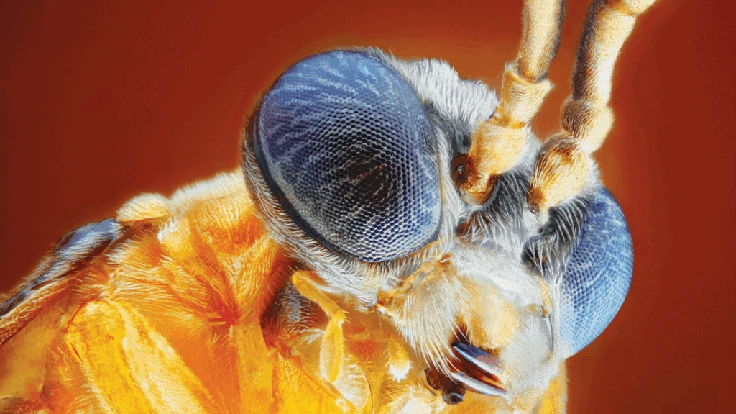
MEMPHIS – TruGreen, a national lawn care company whose services include mosquito, flea and tick control, released its 2020 list of cities most bothered by bugs.
Compiled from 2019 customer data, this year’s list also includes the increased percentage in services provided compared to the previous year. While July remained the month for peak infestation for a second consecutive year, residents are taking steps now to ensure their outdoor experience is both enjoyable and safe.
- New York, NY (15% increase)
- Boston, MA (10% increase)
- Chicago, IL (30% increase)
- Atlanta, GA (18% increase)
- Dallas-Fort Worth, TX (20% increase)
- Detroit, MI (20% increase)
- Washington, DC (20% increase)
- Philadelphia, PA (24% increase)
- Hartford-New Haven, CT (5% increase)
- Minneapolis-Saint Paul, MN (29% increase)
According to a recent report by the Centers for Disease Control, illnesses from mosquito, tick and flea bites have tripled in the U.S., with more than 640,000 cases reported during the 13 years from 2004 through 2016. Mosquitoes and ticks and the diseases they spread – from West Nile to Zika and Lyme disease– are increasing in number and moving into new areas. As a result, more people are at risk for infection.
“As we spend more time home and temperatures begin to rise, families are looking to get outdoors. This much anticipated warmer weather will also undoubtedly bring the arrival of mosquitoes, fleas and ticks,” said John Bell, entomologist at TruGreen. “Our hope is that by making cities and states aware, we can combat these pests, and the diseases they carry, before they become a bigger problem during peak months."
TruGreen further examined the customer data to identify the top 10 markets affected by ticks and mosquitoes:
Ticks
| Mosquitoes
|
TruGreen also released a few tips that complement control programs to help consumers minimize pest presence and keep themselves and their families safe.
Ticks
| Mosquitoes
|
The findings are based on application data from both residential and commercial treatments from January 1, 2019 – December 31, 2019. For more information about TruGreen and the new report, visit its website.
Latest from Lawn & Landscape
- The Toro Company names Conserva Irrigation as 2024 Water Smart Partner of the Year
- Bland Landscaping acquires Koehn Outdoor
- The first issue of 2025 is live
- Wrapping up a wild week in M&A
- KeyServ Company adds Trim All Lawn Service in Florida
- Educating the green industry’s next generation
- From the crew to the classroom
- Growing a program from the ground up





